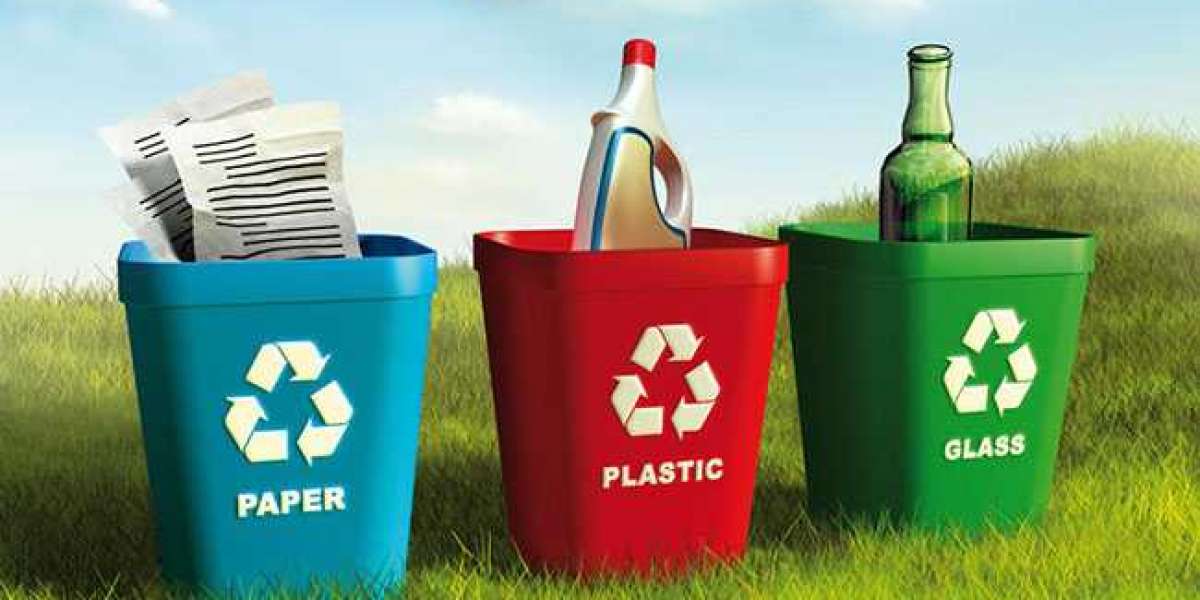A few weeks ago, the Kenyan capital, Nairobi, hosted a three-day conference on the environment under the auspices of the United Nations Environment Program. A one-point agenda of the conference was on increasing the world's plastic products and dumping millions of tons of plastic waste into the oceans every day. Global warming, global cooling and climate change pose a major threat to the planet and the natural environment, as well as plastics and their products such as bottles, plates, spoons, glasses, cups and countless other items made of plastic.
Kenya is playing a significant role in improving the environment across the continent. It also hosted a three-day conference attended by presidents, prime ministers, experts and scientists from 112 countries. Conference participants were told that the world accustomed to plastics is producing 300 million tons of goods every year. Barely 4% of plastic items are recycled, all other used plastic items are taken to sea. It is said that two million plastic bags are used in one minute. It is estimated that in the next 25 years, there will be more plastic waste and fewer fish in the oceans.
One million plastic bottles are bought in the world every minute. Experts claim that the world's ten largest rivers dump more than 90 percent of their garbage into the oceans every day. Even more dangerous is the fact that 70,000 microplastics are consumed every day by the plastic utensils used in food and drink. In addition, the use of food synthetic products is increasing.
There is a need for developed countries to take the growing pollution in the environment seriously and take some serious steps in this regard before its too late.




Oladimeji Shoyoye 5 w
It causes water pollution whereby some people dispose them inside drainage system